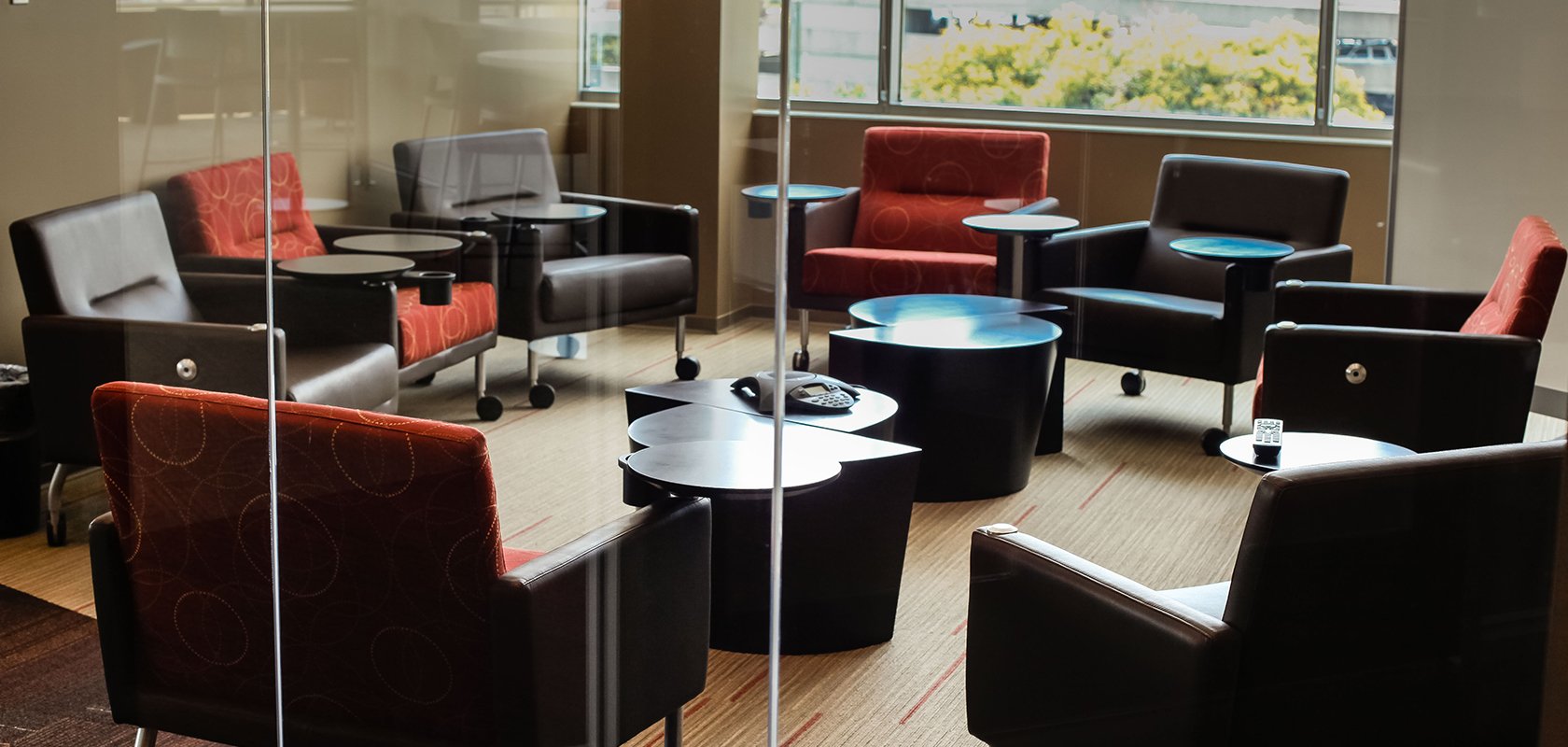
It wasn't that long ago when co-working spaces were all the rage. Then the pandemic happened and this fast-growing segment ground to a halt quickly. With everyone now free to work from home, booking seats and offices in these stylish but communal workspaces became more of a luxury than a need. However, there are positive signs that the industry is roaring back to life.
Why? It’s simple: with fewer companies leasing entire offices, renting office space on an ala-carte and as-needed basis becomes a very attractive proposition. And that's perfectly understandable, as companies look for ways to decrease overhead costs, after two years of pandemic-related losses.
That's why despite the sector's hiccups, experts are bullish about its future. Research And Markets, a research firm, even predicts that the industry will grow by over $13 billion between 2021 to 2025, representing a compounded annual growth rate of 11%.
However, there is one problem that co-working spaces have to grapple with: the influx of new tenants, how will they manage the deluge of meeting room requests? Luckily, room booking systems can bring order to this impending chaos. Take a look at why it’s worth investing in such a solution:
Co-working offices — even modestly sized ones — usually consist of a hodgepodge of various sized companies and eclectic freelance tenants. As you would expect, each one of them will need to schedule a meeting or reserve a venue at some point. Given the sheer number of companies these spaces cater to, keeping track of who needs a meeting room and for how long can be quite challenging indeed. Luckily, a meeting room manager makes quick work of this dilemma. Keeping tabs on which rooms are free (or not) is easy for both office managers and users. A tablet in front of the room can announce its status, while a TV screen in the lobby does the same job. Of all the things you need to worry about on any given day, managing meeting room reservations shouldn’t be one of those concerns.
In many instances, conference rooms are far too big for the number of meeting attendees. As a result, meetings with larger attendees can be forced to squeeze into smaller venues. By installing a meeting room management system, organizers have full transparency into meeting room sizes and their audio-visual capabilities. So small group discussions can be held in smaller venues leaving the larger board rooms open for C-suite meetings or larger gatherings.
Back in the old days, reserving a meeting room meant setting a schedule with the receptionist or office manager. But why the need for a gatekeeper if you can do the reservation digitally? This is exactly the reason why co-working spaces need a conference room scheduling system. Meetio App, for instance, allows people to book a venue through their smartphones anytime or anywhere. These solutions can also integrate with popular email/calendaring clients, like Outlook and Gmail, so team members enterprise-wide can easily secure a room reservation.
What's more, the confirmed booking is shared within a centralized database, so other co-working space tenants will be able to instantly see if a particular room is available or not. Consequently, double-booked rooms and frazzled receptionists will be a thing of the past.

Even as COVID-19's Delta variant runs rampant, a new threat enters the scene: the Omicron variant. Now more than ever, people need to observe strict minimum health standards to prevent the spread of the novel coronavirus. Co-working spaces have tenants from global companies all using the same facilities, which is why having a good meeting room manager is so important.
We've all been in meetings that ran a little bit too long. The reality, however, is that each extra minute spent on an extended meeting is the time taken away from whoever is using the room next. A lot of times, this happens because there's no real system to keep track of schedules and usage. A meeting room booker strictly enforces schedules so that everyone gets fair use of a venue. For example, you can set a grace period for each room and if the party does not log in before it lapses, the room will be marked as free for others to book. It can also send alerts as the reservation winds down, prompting people to wrap up their discussions.
Most decently sized co-working spaces must be content with fielding dozens if not hundreds of meeting requests on a weekly basis. With that sheer volume, it can be hard to look at the big picture and accurately spot trends. However, when you have a unified meeting room booking system, you can generate reports in just a few clicks and analyze the data to discover valuable resource utilization insights.
For instance, are you regularly short on meeting rooms? Do meetings tend to peak on Wednesday afternoons? Perhaps you should convert unused offices into mini-conference rooms instead. Maybe you should hire more cleaning personnel to minimize turnaround time. With meeting room booking data right at your fingertips, you can easily optimize co-working space operations.
Without a doubt, as businesses transition to a distributed workforce, co-working spaces will become a solid fixture of the new normal. With the help of room booking systems like Meetio, your co-working locations can modernize their approach to booking meetings!
Want to see how it can help your organization? Feel free to reach out to our team for a no-obligation and risk-free demonstration.
These Stories on Room booking system
Meetio AB/Logitech Nordics AB
Hamngatan 4
211 22, Malmö
Sweden
Magnus Ladulåsgatan 3
SE-118 65 Stockholm
Sweden
Sweden: +46-(0)10-101 95 60
Comments (2)